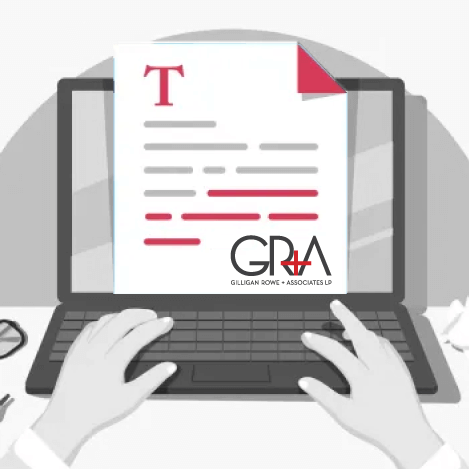
As an insurance adviser and a property investor, I’ve often felt like a circus performer, juggling every dollar amidst soaring interest rates. Life's unpredictability remains the one constant through it all.
The ACC Reality Check
Many perceive the Accident Compensation Corporation (ACC) as a beacon. However, contrary to popular belief, it's not the all-encompassing safety net that it appears to be. Many Kiwis might be surprised to learn that ACC has its limits, with a ceiling set at $2,615 weekly (that's circa $136k per year - ACC pays 80% of this amount less tax). Those earning beyond this limit will face a substantial gap, which is particularly daunting for both homeowners and property investors dealing with sizeable mortgage commitments.
The Real Cost of Liquidation
Here’s a scenario: Health issues force you into a rushed property sale during a market dip. The numbers aren’t favourable. As you finalise the deal to release the much-needed cash to relieve financial stress, the IRD may suddenly have their hand out, waiting for their cut. Once your health recovers and the market booms, you realise the significant opportunity lost. The property you hastily sold is now worth substantially more. This situation underscores the value of each insurance premium paid, as the cost of the policy pales in comparison to the potential financial impact of a hasty sale.
Bridging the Gap with Insurance
Insurance is not just a safety net—it’s a vital lifeline, especially when handling large mortgages. It offers more than mere coverage; it provides peace of mind that unforeseen events won't derail your financial plans. Irrespective of whether you're earning over the ACC cap or not, there are still ways to structure your income protection so that a portion of your payments will not be offset against any income paid by ACC. This approach puts you in a much stronger position at claim time in the event of an injury.
From One Investor to Another
Consider this: Would you purchase a home without a builder's report? Similarly, relying solely on ACC is risky, especially for us property enthusiasts. Remember, forewarned is forearmed. Fortify your safety nets with the right insurance, ensuring your investments remain secure through all life’s twists and turns.
Conclusion
In the property investment game, staying ahead is crucial. Understand the nuances of ACC, strengthen your defences, and ensure your investments can withstand any storm.
Steve Munro
Risk Direct Insurance
www.riskdirect.co.nz
[email protected]

Guest Contributor
Invited guest writer
Did you like this article? Subscribe to our newsletter to receive tips, updates and useful information to help you protect your assets and grow your net worth. We're expert accountants providing expert advice to clients in NZ and around the world.
Disclaimer: This article is intended to provide only a summary of the issues associated with the topics covered. It does not purport to be comprehensive nor to provide specific advice. No person should act in reliance on any statement contained within this article without first obtaining specific professional advice. If you require any further information or advice on any matter covered within this article, please contact the author.
Comments
Testimonials
Anthony Strevens has wealth of knowledge in advising what could be the best option for our business and his team has always delivered very promptly in assisting with any urgent matters / queries.
- Abhi, July 2025
Property 101by Matthew Gilligan
Investing in residential property?
Put this at the top of your reading list.
If you're investing in residential property, seeking to maximise your ability to succeed and minimise risk, then this is a 'must read'.
Matthew Gilligan provides a fresh look at residential property investment from an experienced investor’s viewpoint. Written in easy to understand language and including many case studies, Matthew explains the ins and outs of successful property investment.
- How to find the right property
- How to negotiate successfully
- Renovation do's & don'ts
- Property management
- Case studies and examples
- and much, much more...








































